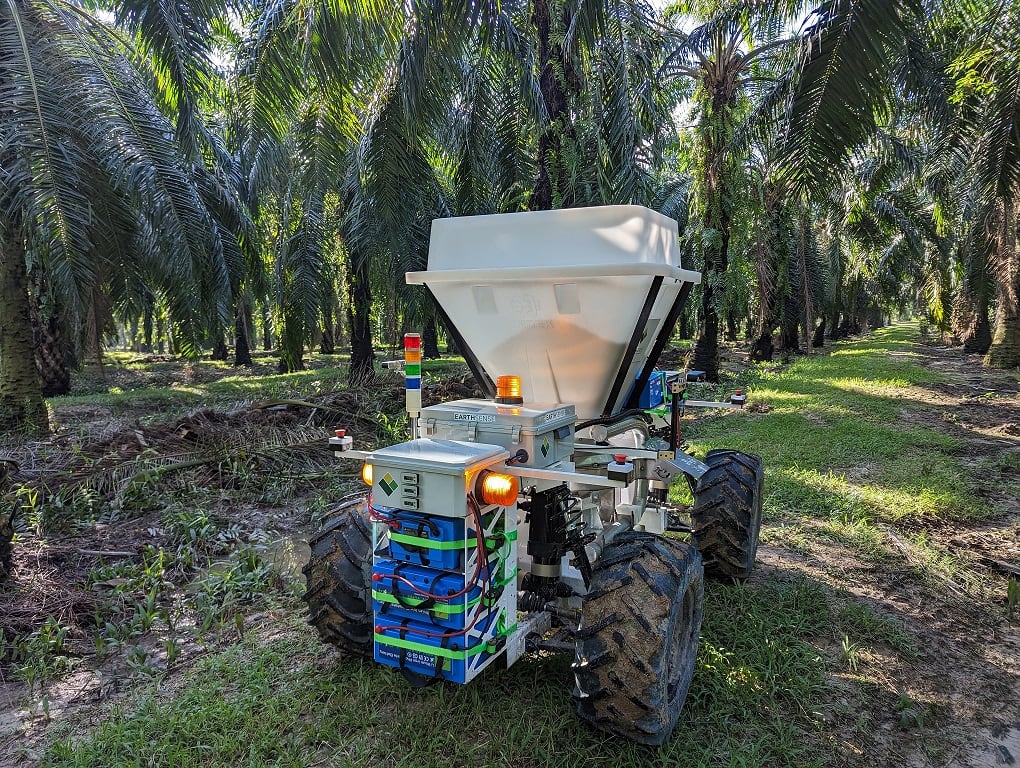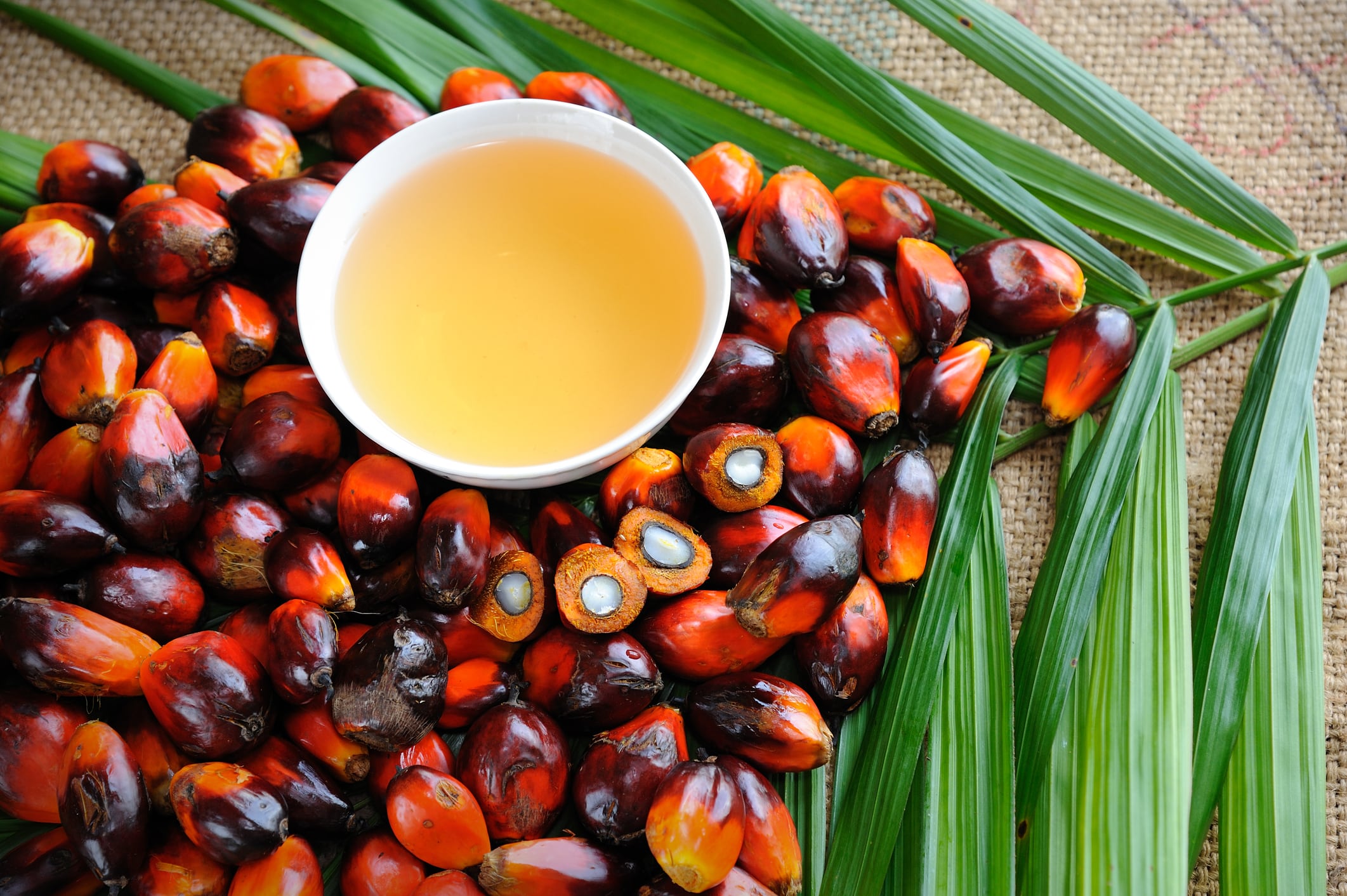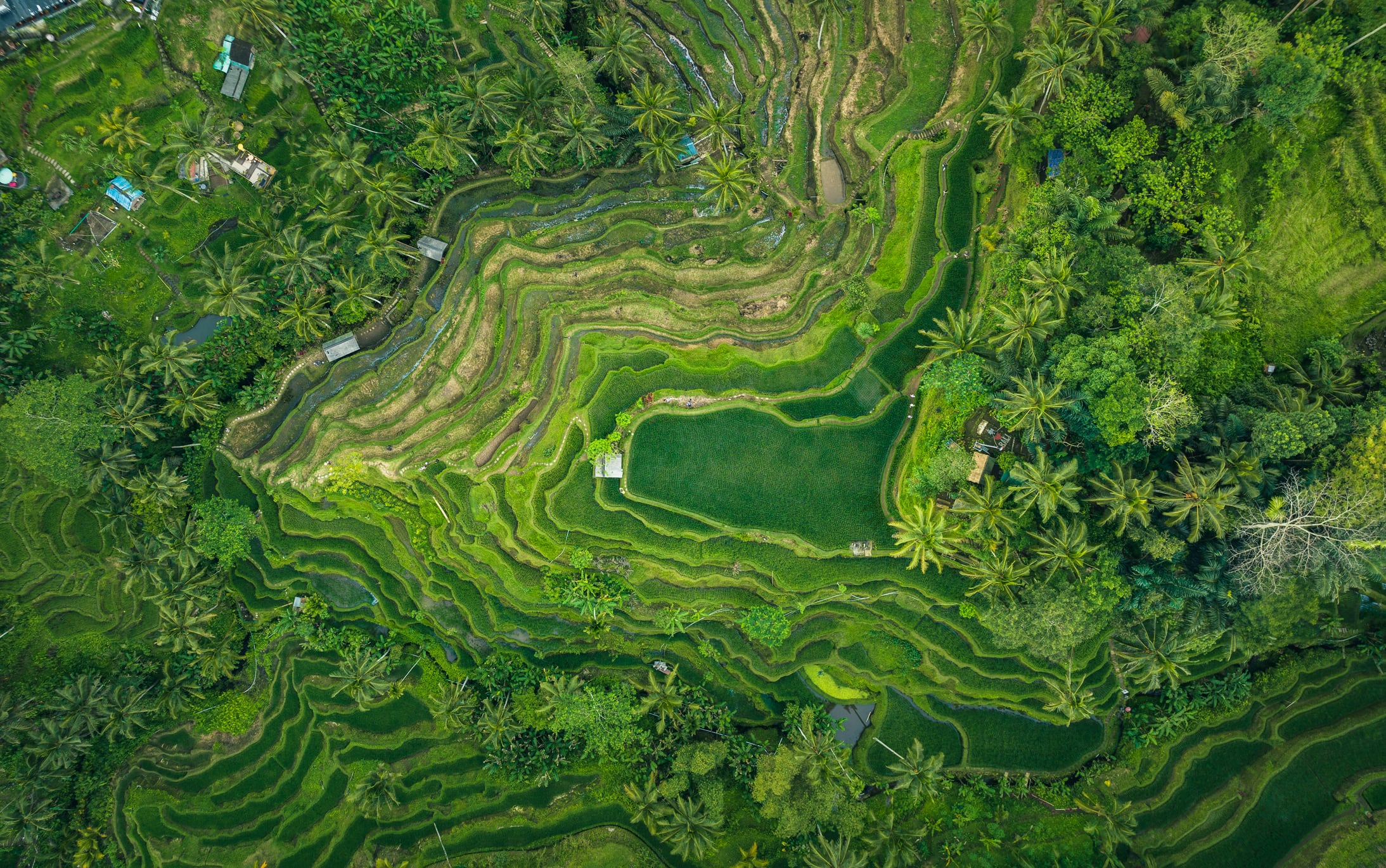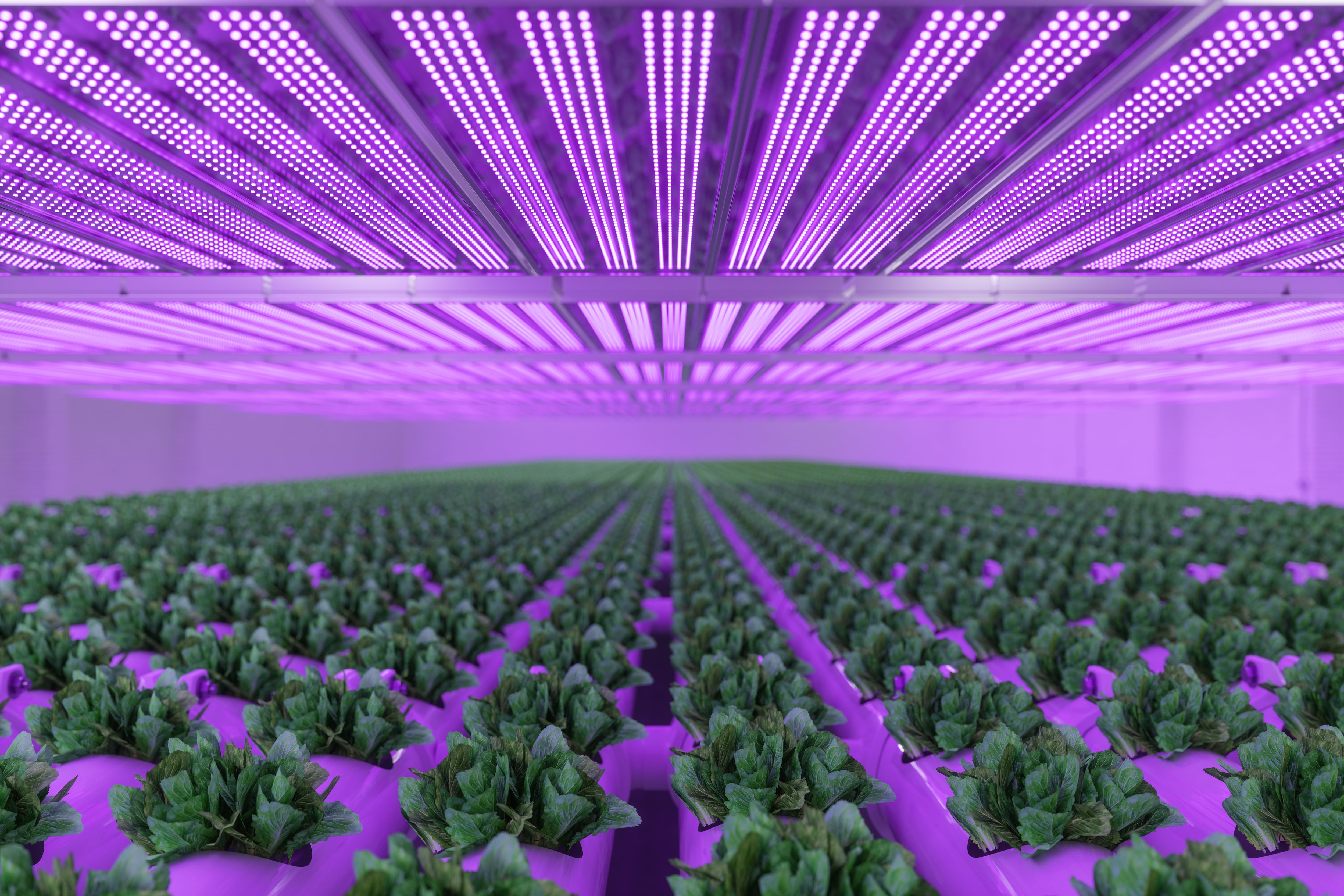The Illinois-based company was founded in 2016 by Chinmay Soman and Girish Chowdhary to address labour challenges in agriculture with artificial intelligence (AI) and robotics.
“We want to practice agriculture with fewer people, but we don’t want to lose the human skill and care that goes into small scale farming,” said Soman, CEO of the company.
The company is currently finalising a $5 million funding round led by The Yield Lab and co-investor SEEDS Capital.
Following this, the firm will establish Singapore as its base in Asia, with Soman relocating to the city-state.
“We’d love to grow as fast as possible because the palm industry is crucial for global economy and the local economy. The more we can do to help them become more productive, profitable, sustainable will be a win-win scenario for everybody.”
Unlike other agricultural sectors with many small farmers, palm oil’s commercialisation is highly concentrated under just a handful of companies.
“This makes it very interesting from a business and impact perspective. If we can start saving 10%, 20%, or 30% of fertilisers for these large companies, we’re talking millions of tonnes of carbon dioxide emissions off the table, because nitrogen fertilisers are one of the biggest causes of greenhouse gas emissions,” said Soman.
Tackling palm’s biggest challenges
In 2023, the company expanded to Malaysia with the aim of improving the practices and productivity of palm oil plantations.
Soman underscored the potential of using technology to solve the many challenges in palm oil plantations, including labour and sustainability.
“Labour shortage is a big, big problem. You may think how can places like Asia have a labour shortage when there’s so many people? But farm work doesn’t pay a lot. Also, it’s not comfortable, it’s dangerous, and strenuous. People want to work in the city, in malls, factories. To them, anything is better than farming,” said Soman.
Palm oil remains one of the most controversial crops due to the ethical concerns around labour and sustainability.
“Oil palm is one of the most consumed food oils in the world. It’s extremely productive – it produces six times more oil than the next most-productive crop, which is soybean. Even if you don’t plant palm anymore, we’ll have to find six times as much farmland for soybean. The only option is for us to help palm plantations become more sustainable and more productive,” said Soman.
Earthsense has deployed its technology with SD Guthrie, previously Sime Darby Plantation, one of the world’s largest palm oil producers.
“We made one of the large robots just as a prototype to see how our AI and autonomy systems would need to be modified to run a larger robot. And it turns out we built the system really well to handle that. Since, we’ve been scaling with SD Guthrie and now we have a large contract with them to do autonomous fertilising in their plantations around Kuala Lumpur,” said Soman.
He revealed that the firm is setting up more commercial contracts with several large palm-producing companies.
In the future, the company will look into how it can use its AI-powered robots to assist farming more crops in Asia, such as fruits or nuts.
Soman said: “I think our robotics AI platform is really well positioned to not just oil palm, but many of these additional high-value tree crop spaces.”





